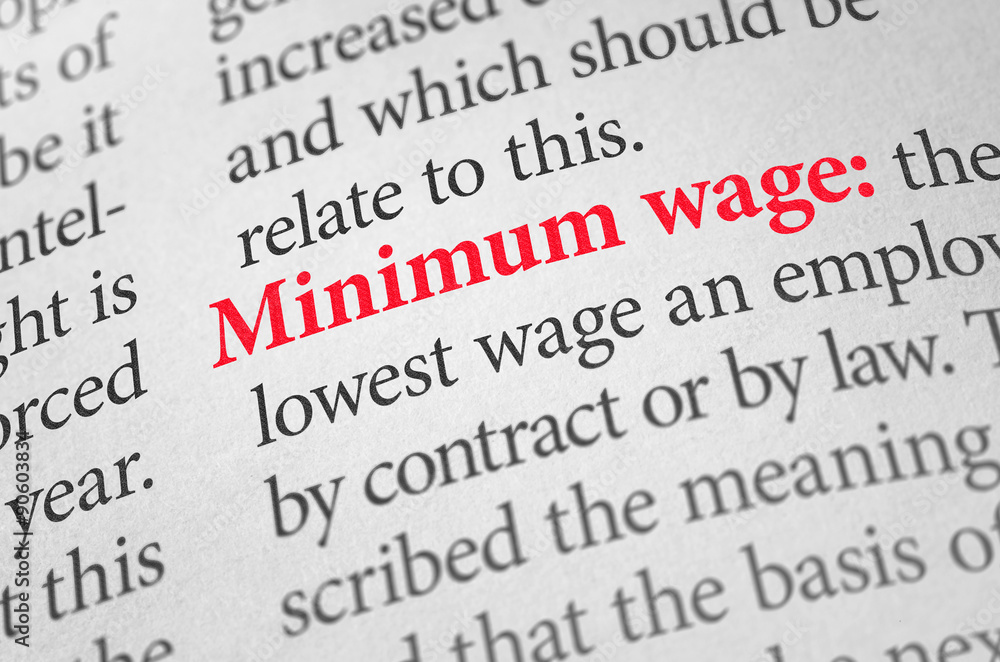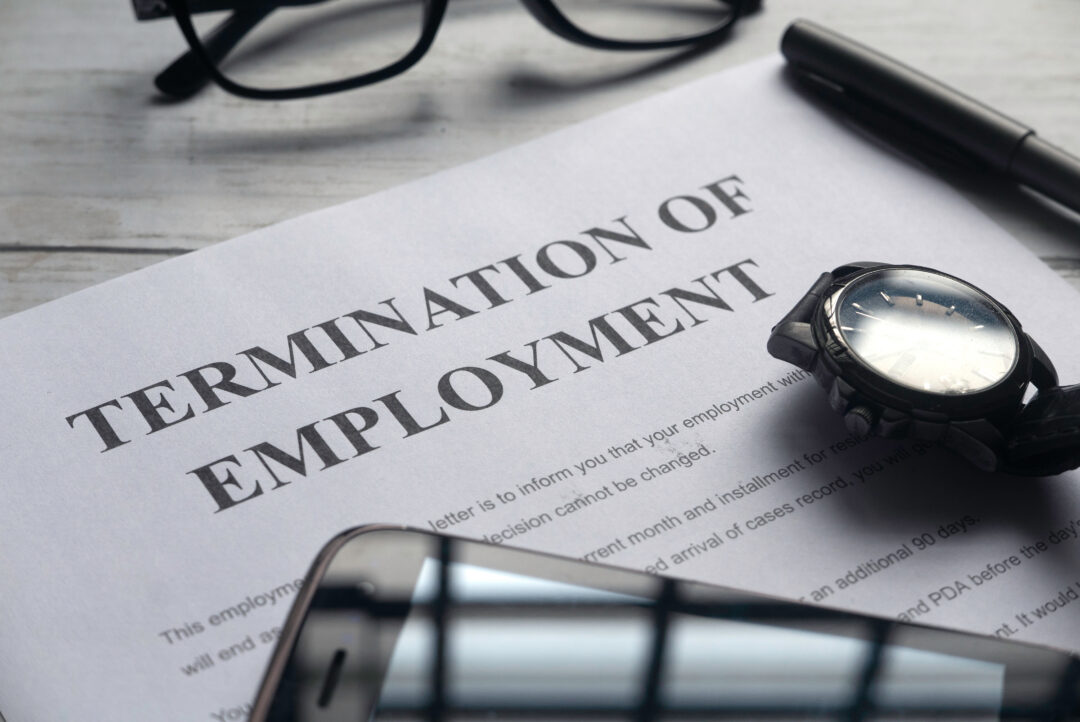- 23 Feb 2024
- •
- 3 min read
Employment alert - Employers Named & Shamed for Failing to Pay the National Minimum Wage

What’s happening?
On 20 February 2024, the Government named and shamed 524 employers for failing to pay the National Minimum Wage (‘NMW’). In addition to instructing repayments, the Government has ordered additional financial penalties for some employers of up to 200% of the underpayment. You can view the full list of employers here.
The Government has also published an ‘educational bulletin’ setting out the common causes of breaches and giving guidance on the use of salary sacrifice schemes which are one of the main culprits. Salary sacrifice is where a worker agrees a contractual reduction in their pay in exchange for some form of benefit such as additional pension contributions, childcare vouchers or getting a company car. When a salary sacrifice scheme applies, HMRC looks at the post-sacrifice salary to determine compliance with NMW.
Why is this important?
The Government’s naming of organisations is a deliberate tactic to encourage compliance. It has not shied away from naming major high-street brands, demonstrating that any organisation can fall foul of NMW law. The negative publicity of appearing on this list will not be welcomed by these businesses.
Few employers deliberately pay less than the NMW, and breaches often occur by mistake or through a lack of understanding of the rules. For example:
- 35% of employers breached the rules through deductions from salary including for uniform, childcare costs, travel, training costs and PPE.
- 30% of employers breached the rules by incorrectly or ineffectively recording working time. As such, they didn’t pay additional work before a shift, incorrectly rounded down working hours, or failed to recognise when a salaried worker did more than their basic hours.
- 16% of employers failed to pay the correct rate for apprentices.
- 10% of employers failed to increase to new minimum wage rates (either to comply with statutory rate changes each April, or to reflect an individual’s change in age).
Employers that pay staff at or close to the NMW should be aware of the possibility of challenge both from HMRC and their workers.
Employers’ Obligations
As a brief reminder of your obligations as an employer:
- NMW records must be kept for 6 years.
- Employers who discover they’ve paid below the NMW must pay any arrears immediately.
- It is a criminal offence to pay below the NMW or fake payment records.
- Employers must not cause someone a detriment for becoming entitled to a higher NMW, asserting their right to NMW or complaining to HMRC or the Tribunal regarding this.
Legal Risks for Employers
Some of the key legal risks for employers are as follows:
- Dismissing an employee for complaining about not being paid NMW is an ‘automatically’ unfair dismissal meaning they do not need 2 years’ service to bring a claim.
- HMRC can order repayments going back 6 years.
- HMRC can issue a fine of up to £20,000 (and a minimum of £100 for each individual affected – even if the underpayment is less than this).
- Employers could be named and shamed by HMRC, causing reputational damage.
What should you do?
Review: Carry out a review for any staff who are paid close to the NMW, or who participate in significant salary sacrifice or other deduction schemes.
Record: Ensure all deductions are properly documented and in compliance with the deduction from wages rules. In addition, ensure your system flags when workers change age bandings and ensure that your system is updated with the new NMW rates each April.
Advice: If you become aware of any potential breaches, take advice as quickly as possible to avoid the issue escalating.
Read: If you use salary sacrifice schemes, it is worth reading the Government’s ‘educational bulletin’ in full, including the scenario examples to understand how the rules work in practice.
Prepare: Check and implement the NMW increases which apply from 1 April 2024:
- National Living Wage (21 and over) – £11.44
- 18 – 20-Year-Old Rate – £8.60
- 16 – 17-Year-Old Rate – £6.40
- Apprentice Rate – £6.40
Accommodation Offset – £9.99
If you would like to talk to our expert Employment team, please please call us on 0800 2800 421 or contact us using the form below.





